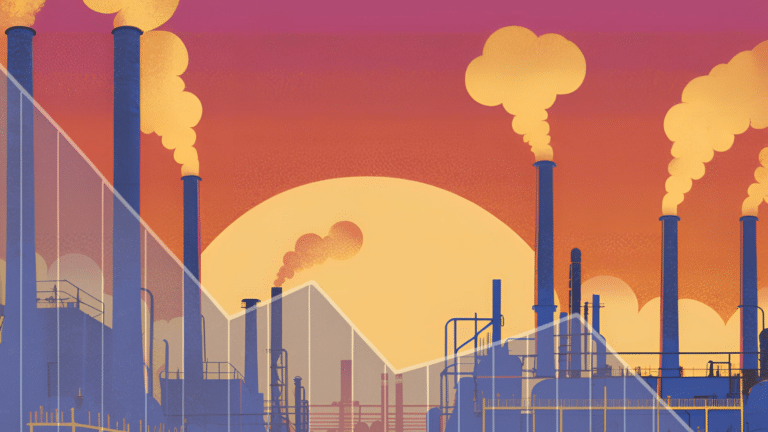Power prices are expected to soar under new tax cut and spending law
In states without policies to drive renewable energy, power prices could surge as federal tax incentives for clean energy disappear, according to Energy Innovation, a think tank.
Current Access Level “I” – ID Only: CUID holders, alumni, and approved guests only
CGEP Senior Scholar
New sanctions are being proposed against countries including Iran, Russia, Venezuela and North Korea, with potentially significant implications for global energy markets. To discuss what these sanctions entail and their impact on global energy markets, host Jason Bordoff speaks with CGEP Senior Scholar Richard Nephew.
They cover issues including:
Many parts of the US have experienced brutal, deadly heat in recent weeks—and there’s plenty of summer left. Intense rainfall, made more likely by warming, dropped more than...

Artificial intelligence is transforming our world—and the energy sector. Earlier this year, the International Energy Agency (IEA) released a comprehensive report examining both AI’s projected energy demands and...

The global energy landscape is shifting right now. Geopolitical tensions in the Middle East, debates about peak oil demand, and waning support for climate action in some parts...

Just two days after President Trump deployed America’s military to attack Iranian nuclear development sites, a shaky ceasefire between Israel and Iran brokered by President Trump emerged. So...

China’s dependence on the energy supplies that move through the Strait of Hormuz makes it especially vulnerable to any possible closure of the waterway by Iran in retaliation for attacks by Israel and the United States.

The conflict between Iran, Israel, and now the United States has yet to disrupt energy supplies to global markets.

Calls to "Drill, baby drill" are back with Donald Trump's return to the White House, and for US natural gas production, the catchphrase might also be a necessity over the next three years if demand for the fuel grows as steeply as expected.

China’s demand for oil, long an important driver of global oil demand growth, slowed dramatically during January–September 2024.
